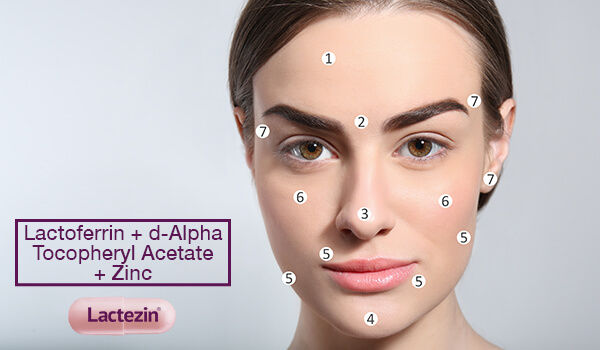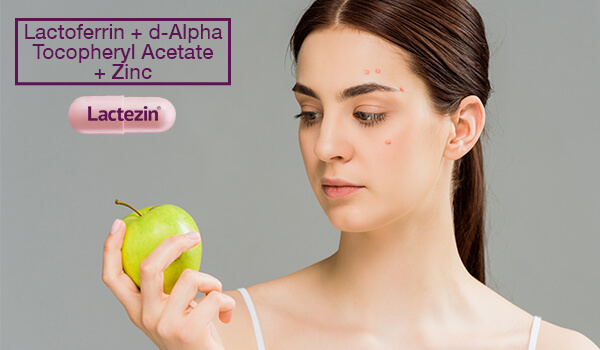Acne Q&A: Your Top Questions, Answered
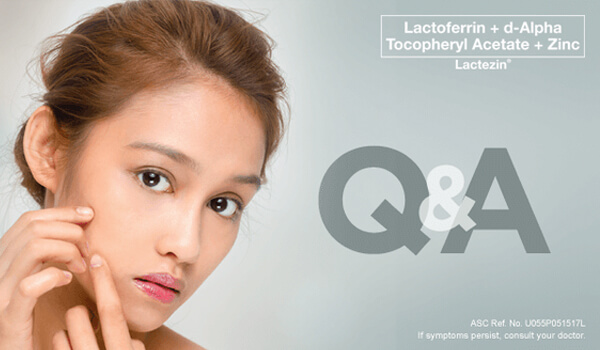
Why do I still get acne as an adult? Is there medicine for pimples? If you’re suffering from acne, a better understanding of the condition can help you find the best way to treat it.
Here are some common questions about acne, answered:
Q1: Are there different types of acne?
Yes. People who have acne can have a variety of lesions, like blackheads or whiteheads. Other acne lesions that can develop include:
-
Papules, which are inflamed lesions that appear as small, pink bumps and are tender to the touch;
-
Pustules (pimples), which are topped by white or yellow pus-filled lesions;
-
Nodules, which are the large, painful ones lodged deep in the skin; and
-
Cysts; which are deep, painful, pus-filled lesions.
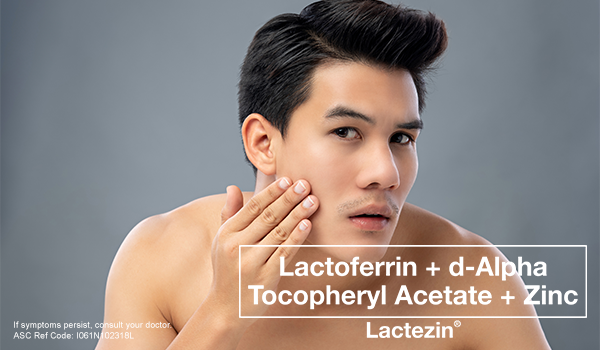
Q2: What is the cause of acne?
While the exact cause is unknown, experts believe acne results from several related factors. One is an increase in the male hormone androgen, causing the sebaceous glands to produce more sebum. Hormonal changes related to pregnancy or menstruation can also cause acne.
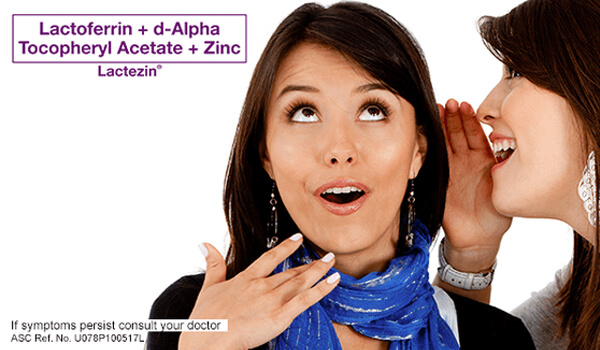
Q3: Is it possible to make acne worse?
Some factors can cause acne to flare up, especially if you’re acne-prone to begin with. Oil and harsh ingredients from skin care products may worsen acne. Environmental irritants like high humidity and pollution are also a factor. Rough contact with the skin— like picking at pimples or scrubbing—may also make it worse.
Q4: Will acne go away when I reach my thirties?
Acne is most common in teenagers and young adults, with around 80 percent of people between ages 11 to 30 experiencing acne breakouts at some point in their lives. For most people, acne tends to go away in their thirties. However, some people may continue to experience this skin problem even in their forties and fifties.
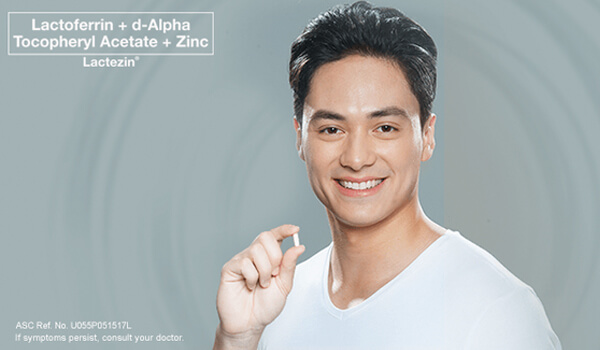
Q5: How do you treat acne?
Acne can be treated with topical products such as gels, lotions, soaps, creams, or pads. These products include benzoyl peroxide, salicylic acid, resorcinol, or sulfur, which all work differently.
Q7: Is there medicine for pimples?
Yes, there are oral medicines you can take for your pimples. An example of this is Lactezin®, a pimple solution that helps treat pimples and may also prevent them from occurring.
It also helps to talk to your dermatologist or skin care professional about your skin concerns so that they can help with your treatment plan.
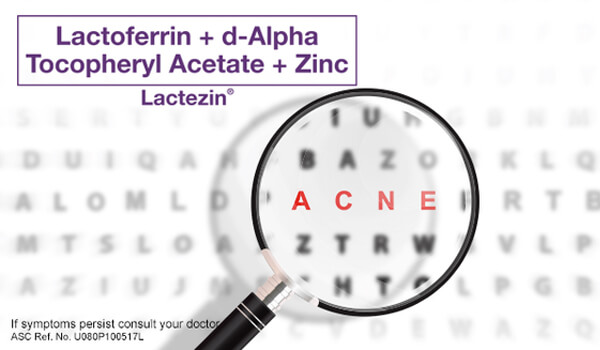
SOURCES:
